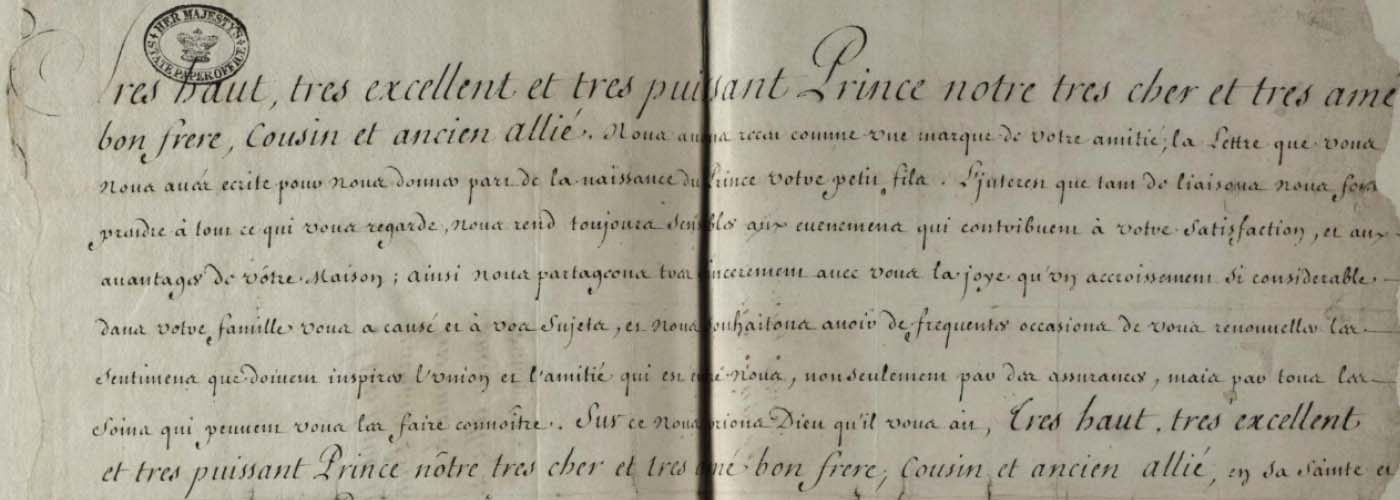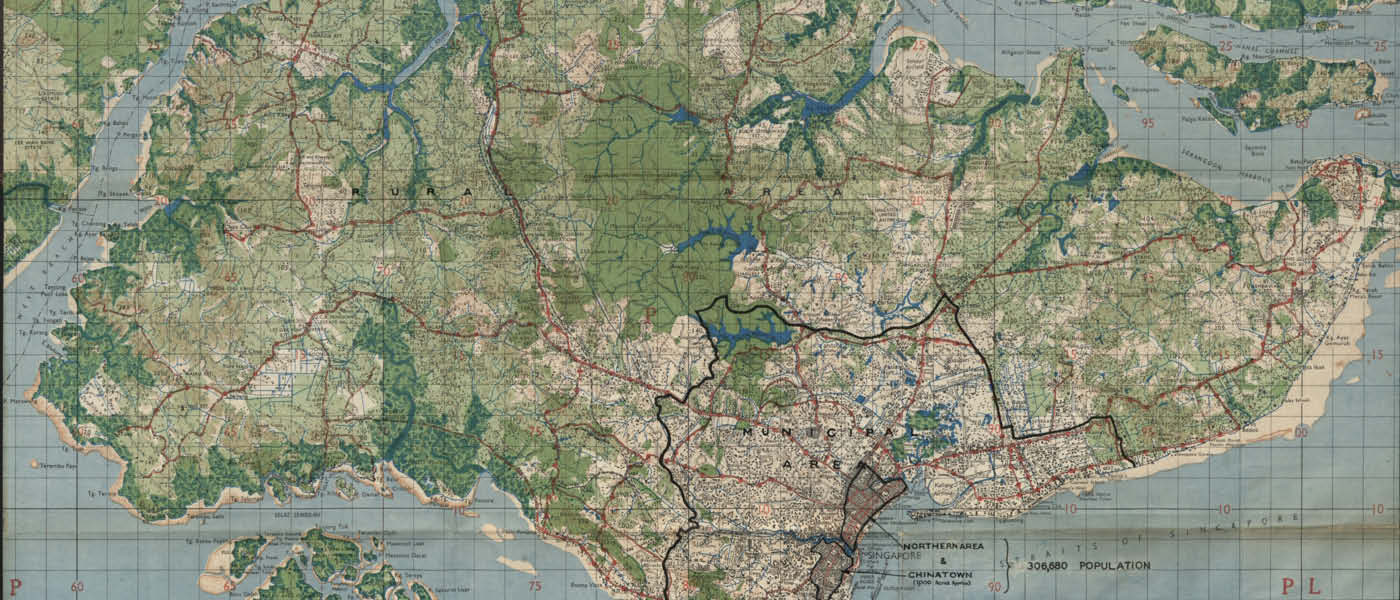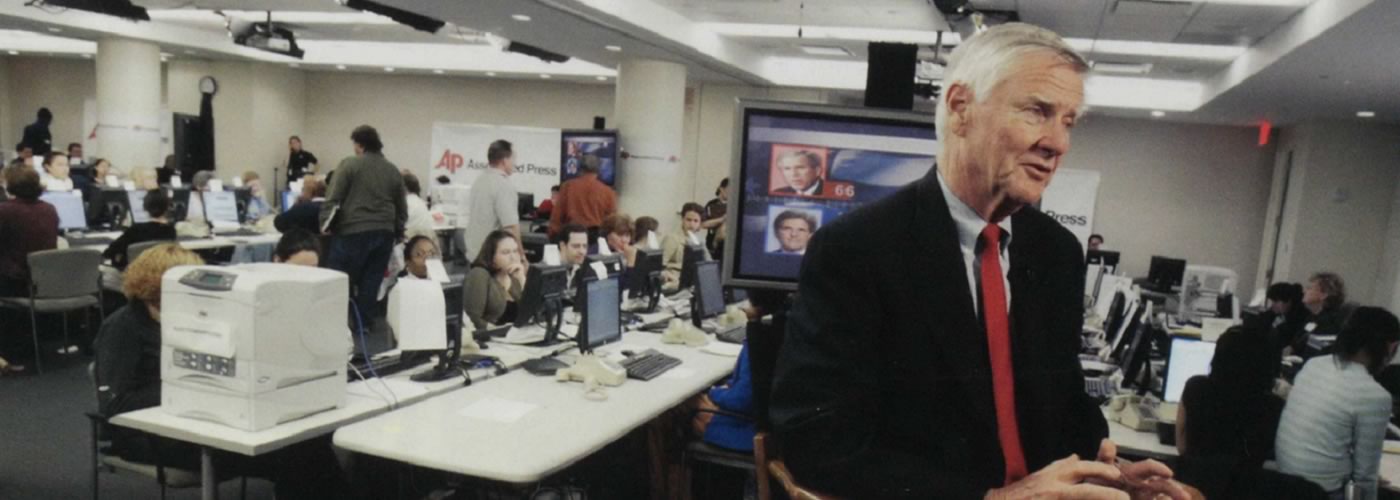Improved Customer Experience Launching in September
We’re updating Gale’s customer-facing websites—including gale.com, gale.com/thorndike, and our international sites— to enhance the user experience, simplify product search, and improve accessibility. Keep an eye out for more updates in the coming weeks.





